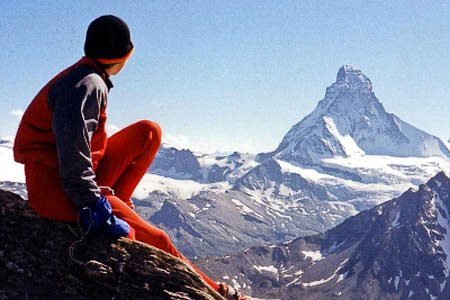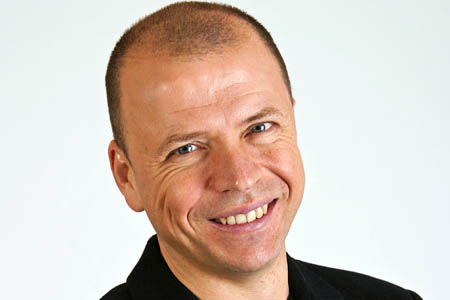
How green is your outdoor gear?
No, not the colour; do you ever consider the environmental consequences of the clothes and equipment you use, or the trips you make to the mountains and moorland to enjoy your outdoor pursuits?
There are moves afoot to acknowledge the effects our outdoor activities have on the very surroundings we treasure and which are one of the main reasons for our enthusiasm in the first place.
All that fancy waterproof clothing, for instance, is likely made from synthetic materials which deplete the world’s limited resources; it is probably made on the other side of the globe and shipped here, again using finite fuel reserves; and then we jump in our cars or even on a plane to get to the destinations where we can enjoy the wild lands and adrenaline pursuits we crave.
And therein lies the paradox. As Andrew Denton, chief executive of the Outdoor Industries Association, points out: “There is a deep inconsistency in the outdoor industry. On the one hand we are thought of as a bunch of tree-hugging, environmentally active, hillwalking Patagonia-wearing ‘greenies’, yet on the other many of us will get on an aeroplane to ski down that receding glacier; will drive to the Lakes or Scotland, climb the warming snow and ice, and will launch new collections and new products year after year risking waste and change before change is needed.”
The outdoor industry is slowly waking up to this conundrum and the OIA’s conference earlier this year began a process of looking at how manufacturers, retailers, activity providers and all the other companies can begin to address the issue.
As Andrew Denton puts it: “There is a demand in the market for outdoor pursuits and the gear to enjoy them safely in.
“Indeed the love of the planet that motivates many a sustainability enthusiast or eco-campaigner is the same love of wilderness and mountains that fires the outdoor industry. If our industry, built by users, enthusiasts and an authentic love for the land were to disappear, then the replacement could be so much worse?”
Step forward Sarah Howcroft. Ms Howcroft was a co-founder, 41 years ago, of clothing brand Rohan. Now, she has launched Recycle Outdoor Gear, a website where owners of used outdoor gear and clothing can advertise it, without charge. Equally, those on the lookout for a piece of used gear can post a wanted ad.
She is particularly keen for charities to benefit from the scheme.
The entrepreneur, who lists her hobbies as mountain biking, walking, yoga and social and environmental issues, said: “I have been involved with the drive for more sustainable business practices for many years. ROG is a tool to help this.
“I have a lot of experience in creating and running web-based resource exchanges for business-to-business so ROG was a natural step.”
What did she hope to achieve in setting up Recycle Outdoor Gear? “Lots!” she replied. “More reuse of good quality outdoor gear, less waste; opening up the opportunity to experiencing really good gear for more people.
“This is why ROG encourages wanted listings as well. It’s very important for youth and community groups to locate good gear.”
But she sees the site as more than this. “All this is great but above all I hope ROG will over time represent best practice by an industry to collectively address some of the more unsustainable problems within the industry.
“I do believe this is the only way we will see sustained progress.”
The OIA’s Andrew Denton supports the project. “On a world stage,” he said, “especially through the work of Patagonia founder Yvon Chouinard, retailer Mountain Equipment Co-op and the One Per Cent for the Planet Foundation, the outdoor industry has a very strong eco positive image – and that image no doubt helps us sell kit.
“At its most cynical it is commercially positive for us to support and endorse the green movement, to associate our brands with that group and lifestyle consumer.
“Yet there are many people in our industry who passionately believe in the sustainability agenda. They are anything but cynical, going out of their way to do the right thing, regardless of profit.
“The harsh reality is of course, if there was no skiing or new ski resorts, no flights to go climbing, no new product made each year, no huts in the mountains, we would leave a cleaner greener footprint – so what to do?”


